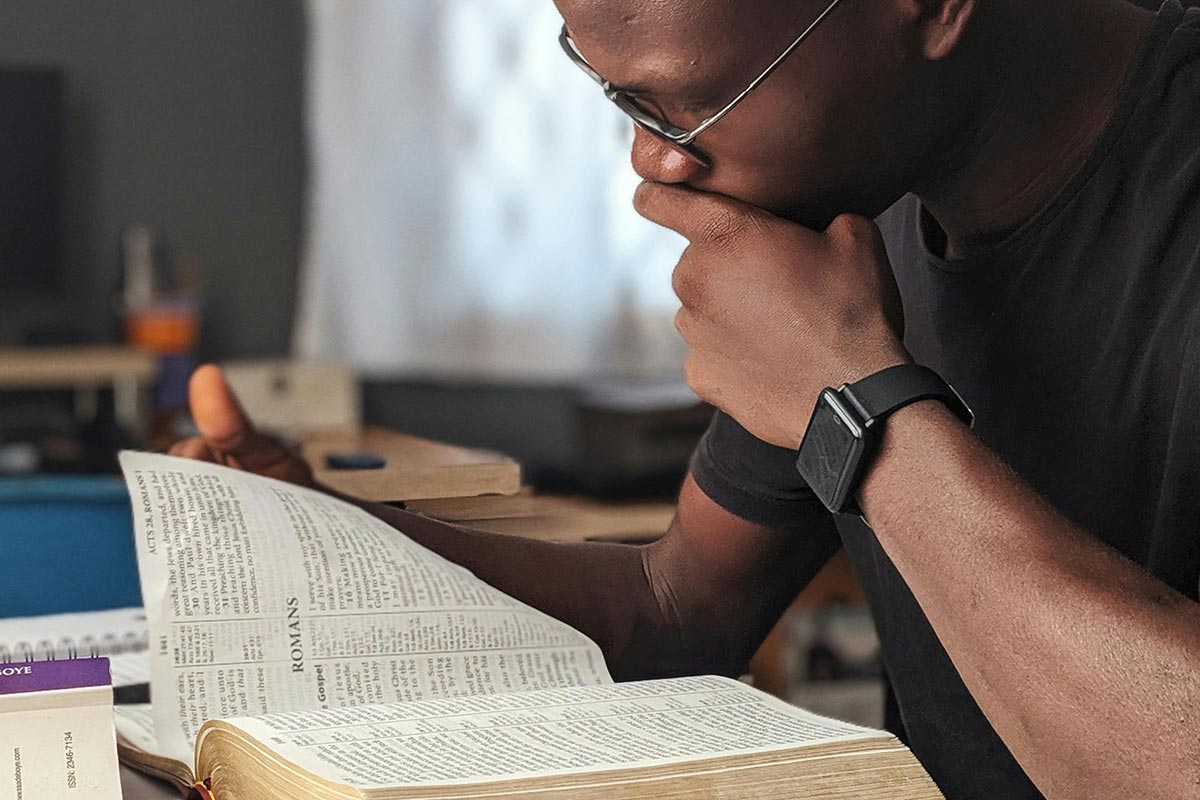Recovering from a drug or alcohol addiction is a long road. For many of us, it’s a years-long process of putting one foot in front of another, moving the goal post, and persevering. At the same time, it is important to start to take steps to reconnect with your life and get back to where you want to be in it. Reconnecting with God is an important part of the recovery journey for many of us. That’s so much true that returning to faith and acknowledging the higher power of God is a critical point in recovery for many of us. That’s so much true that 70-80% of all rehab centers in the United States integrate faith-based programs like the 12 Steps into treatment. Reconnecting with God, and early in your recovery, is an important part of recovery.
But, how do you make the jump from feeling like you should to doing so? And what does reconnecting with God mean? The longer you’ve spent abusing drugs and alcohol, the harder it can feel to connect to and talk to God. At the same time, if you’re asking what steps you can take, chances are that you just have to relax, live well, and be open to that connection.
Talk to God
It’s always going to be important to take steps to actively talk to God. That means setting aside time to share your thoughts with God every day. For many people, taking a few minutes before bed or when waking up, or both, is more than enough. Some people prefer to say words aloud, others prefer to think them over, and others prefer to write things down. In either case, you want to share about how you’re feeling, what you’re struggling with, what went well, what you’re hoping for. Being honest with God and sharing how you feel will feel awkward and difficult at first. That’s okay. It’s important that you stay open and that you take time to contact God and the more you do that, the easier it will be to establish a connection with him.
You can also go to church and talk to your pastor if you aren’t yet comfortable with talking to God directly. Writing things down can also help with easing that transition if you’re not used to talking.
Acknowledge Your Mistakes
Often, when we try to hide from God or feel difficulty talking to him, it is because we are ashamed of ourselves and our behavior. If you’re in recovery, you’ve made mistakes. It’s important to talk about those, to put everything out in the open, and to treat God like your closest confidant. Substance use disorders are nothing to be ashamed of, they are health disorders and you can overcome them. But, talking about the things that cause shame, the things you’ve hidden, how your decisions led you down a path you didn’t want to be on, you can do that, get it out of the way and off your chest, and move back into your relationship with God with nothing to hide.
Connect with Other Christians
It’s important to talk to God during recovery. At the same time, it’s important to take steps to connect with your brothers and sisters in Christ, to be part of a congregation, and therefore to live in a way that allows you to talk to God. For most of us, that means joining 12-step meetings and going to meetings. There, you’ll have opportunities to talk to like-minded people who are in different stages of the same journey you are. You’ll have help and guidance as you move towards connecting with God. And, you’ll have time dedicated to talking to God, to sharing, and to being a community together every single week. AA meetings are not exclusively Christian but many of the people attending them are. Therefore, you can find a lot of people who will share your goals and values, and you can learn and make progress together.
It’s also a good idea to seek out a church and start attending service. There, you’ll have opportunities to connect with people who aren’t struggling with recovery, who are simply connecting with God because they want to be. It’s important that you choose a church where you can be yourself and be honest, so you can find peace with the congregation and with yourself.
Give Back
Giving back is an important part of your relationship with God. That’s true whether you decide to do so at your church, at your 12-step group, or by volunteering in other ways. Of course, giving back should always start with your close circle. That means making amends, rebuilding relationships with your friends and family, and putting time and energy into building yourself up. Those will be the most important steps in early recovery. It’s better to invest into giving back to the people and things closest to you, so that you build a good foundation to take that further at a later point. However, you can also start doing things like volunteering to help clean up or set up for meetings or at Church, you can invest time in volunteering at animal shelters, you can take part in street and roadside cleaning meetups. Investing time and energy in actively making your community and your world better is an important part of giving back. At the same time, it’s important not to start volunteering around other addicts too soon. You might not be ready to be around drugs or alcohol again. You definitely might not be ready to deal with people using. Volunteering somewhere where you can have impact without putting yourself at risk will be a good way to get in touch with yourself, to figure out how to connect with others, and to take steps towards communicating with God.
Take Care of Yourself
Connecting with your body and taking care of yourself is one of the first and most important steps to being able to connect with God from a meaningful place. That means spending time on exercise, taking care of nutrition, avoiding large amounts of caffeine, and working to ensure that your body is healthy. If you treat your body as a temple, and one that you are keeping to God, you are setting the framework for that connection.
Study the Word of God
Taking time for meditation and prayer is an important part of connecting to God. At the same time, it’s important to take time to let God talk to you. Often, that means studying the word of God, and ensuring you are making space not just to talk but also to listen. That can mean making time to read the bible daily. It can also mean reading literature around the bible, sitting and meditating, and making time to hear whatever God has to say to you through the people and things you are interacting with. Whatever the format, ensuring you’re staying open for that communication will mean you get opportunities to learn and to grow as you build your connection with God.
Live Your Truth
Whatever you are working towards, it is important to authentically be yourself, to live in a way that reflects your beliefs, and to be honest in everything you do. That, more than anything else, will give you the grounds to connect with yourself and to connect to God from a point of authenticity.
Early recovery means figuring out who you are, prioritizing the things you want in life, and setting goals. That will mean facing setbacks and challenges. Taking those first steps will be hard. But, as you grow and move into recovery, things like talking to God and feeling like part of His plan will stop feeling like massive leaps and will start to feel natural. Congratulations with your recovery and good luck with your journey.




